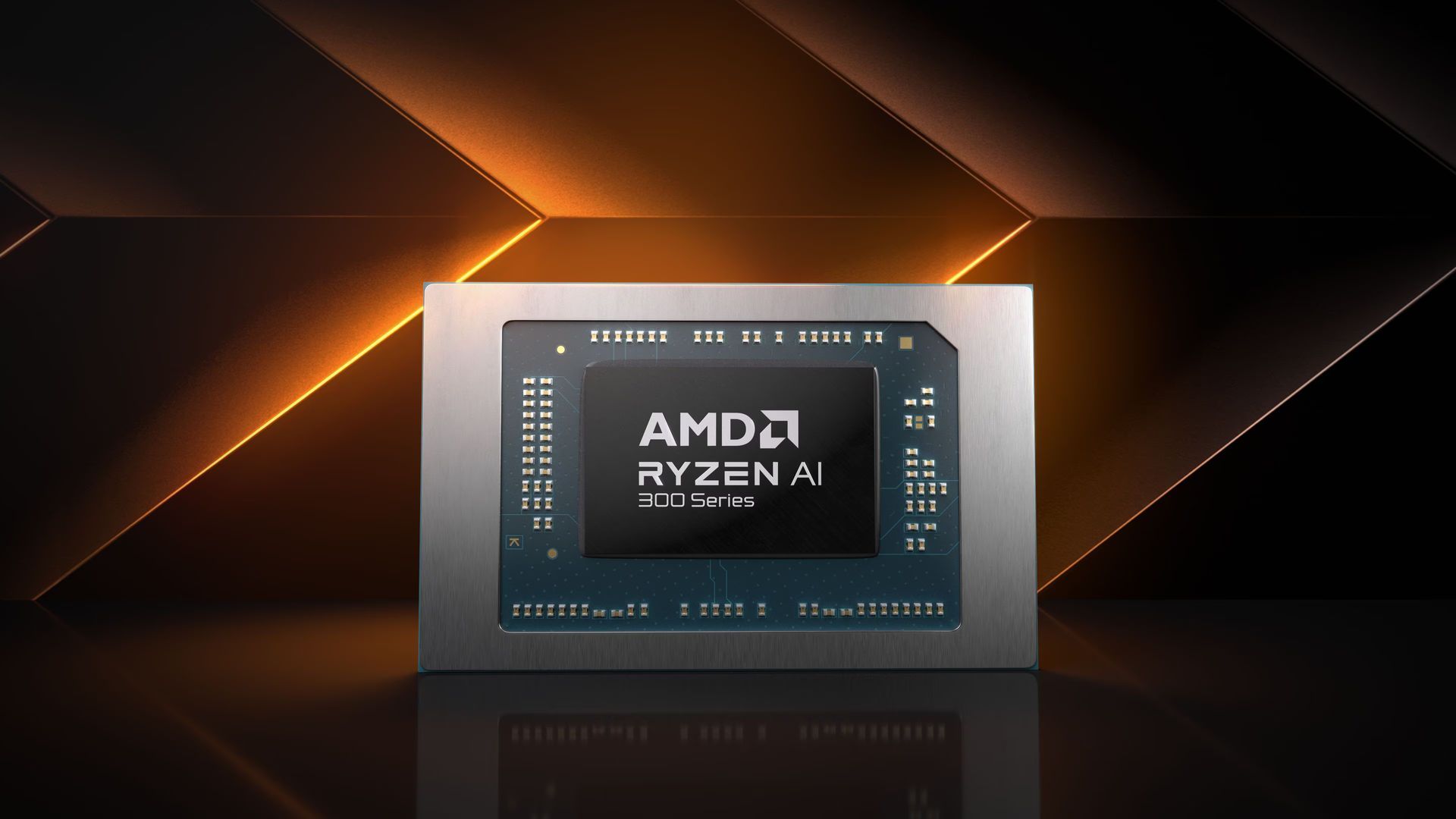The best AI chip companies are constantly evolving, with Nvidia dominating the market. However, several Nvidia competitors are making significant strides in the AI chip market recenlty.
Increased demand for AI chips, driven by the rise of generative AI and the increasing complexity of deep learning models, has spurred competition among chip manufacturers to develop faster, more efficient, and specialized hardware for AI workloads.
Let’s explore some of these key players and their contributions to the field.
What are the best AI chip companies and biggest Nvidia competitors?
The market of best AI chip companies is constantly evolving, with established players like Nvidia facing increasing competition from AMD, Intel, public cloud providers, and innovative startups, as seen on Computex 2024.
The growing demand for AI hardware, driven by advancements in generative AI and the increasing complexity of AI models, is fueling this competition.
But how about the already existing ones? Well, the Nvidia competitors list is actually quite crowded!
- AMD
- Intel
- Google (Alphabet)
- Amazon (AWS)
- SambaNova Systems
- Cerebras Systems
- Groq
5 best AI ETFs that people can’t take their eyes off
AMD: A strong contender
Advanced Micro Devices (AMD) has quickly established itself as a strong contender in the AI chip market. Their MI325 chip, showcased in June 2024, has gained significant traction for AI training workloads. Startups, research institutions, and even tech giants like Microsoft have turned to AMD hardware as an alternative to Nvidia’s often limited supply. Collaborations with companies like Hugging Face further solidify AMD’s position in the AI ecosystem.

Intel: A legacy player steps up
Intel, a giant in the CPU market, is leveraging its expertise to make inroads in the AI chip domain. Their Gaudi3 AI accelerator processor and Lunar Lake processors released in April 2024, show promise, although benchmarks are still limited. Intel’s deep understanding of chip design and manufacturing, combined with its vast resources, makes it a company to watch in the AI chip race.
Google (Alphabet): Powering AI innovation
Google’s Tensor Processing Units (TPUs) have been a game-changer in AI, powering many of Google’s AI-driven services like Gemini. With the latest TPU, Trillium, Google continues to innovate in AI chip development, offering a powerful and efficient solution for both cloud-based and edge AI applications.
Amazon (AWS): The cloud giant’s AI ambitions
Amazon Web Services (AWS), the leading cloud provider, has also entered the AI chip market with its Trainium and Inferentia chips. Trainium is designed for training large-scale AI models, while Inferentia is optimized for high-performance inference. AWS’s foray into AI chips highlights the growing importance of specialized hardware for cloud-based AI workloads.
SambaNova Systems: redefining AI computing
SambaNova Systems is a startup that has made a splash with its SN40L chip and a unique “AI platform as a service” model. This approach makes their powerful AI systems more accessible to businesses and researchers, fostering broader adoption of cutting-edge AI technology.

Cerebras Systems: Pushing the limits of AI chip design
Cerebras Systems is another startup making waves with its massive WSE-3 chip, which boasts an impressive number of cores and transistors. This chip is particularly well-suited for demanding AI workloads like genomics and drug discovery, opening up new possibilities for AI in scientific research.
Groq: Streamlining AI inference
Groq, founded by former Google employees, has developed a unique architecture called LPU (Language Processing Unit) that aims to simplify and accelerate AI inference tasks. Their focus on LLM (Large Language Model) inference and impressive benchmarks for Llama-2 70B demonstrate their commitment to pushing the limits of AI performance.
As companies continue to invest in research and development, we can expect to see even more powerful, efficient, and specialized AI chips entering the market in the near future. This healthy competition will not only benefit businesses and researchers by providing them with a wider range of options but also drive innovation in the field, ultimately leading to more powerful and accessible AI solutions.
Either way, don’t buy AI stocks without answering these questions!
Featured image credit: rawpixel.com/Freepik





